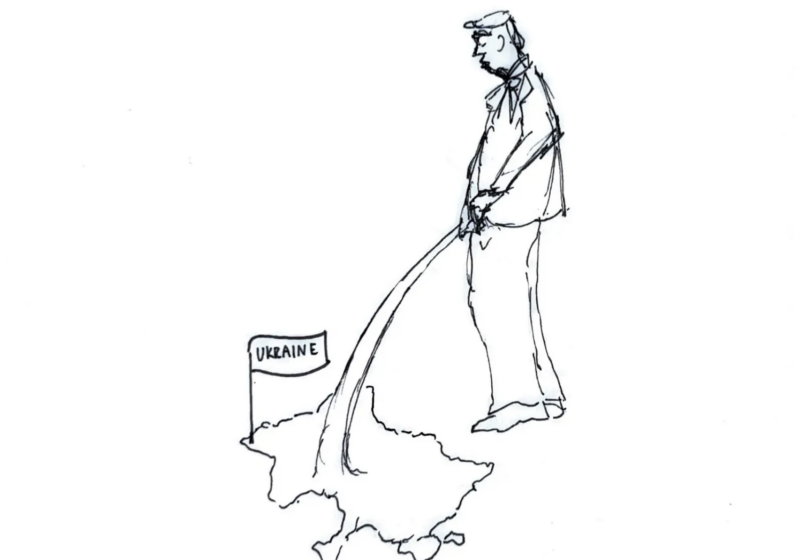Ever since the globally-acclaimed K-pop band BTS announced their plans to enlist in the military, the Internet has been losing its mind. The announcement lies in the wake of ongoing heated discussions on South Korea’s mandatory military service and extending service exemptions — usually granted to elite Olympic athletes and other award-winning contributors to Korea’s world image — to major performers in the arts as well. For the seven-member team known for their older hits like “Boy in Luv,” or more recently, their James Bond-themed performance of “Butter” at the 2022 Grammys, enlistment means a hiatus in the band’s activities until 2025 at earliest. And for some fans, this is where everything begins to go downhill.
ARMY, as BTS’s multi-million fandom is called, spans the globe. I am an ARMY myself, and I bet that you know at least one person within six degrees of separation who is one too — you can thank the Rockbot app for the occasional K-pop request shuffled into Douglass dining’s playlist every now and then. For a fandom that’s potentially the largest in the world, it’s an interesting social experiment to observe how the masses react to all sorts of content K-pop churns out for their dedicated fans — including breaking news that their favorite idols are going MIA for the next few years. Bottom line: mixed reactions of support and hate, internal conflicts, and backlash are not a matter of if, but only when.
And that’s normal. You don’t even have to look to K-pop; the entertainment industry, regardless of whichever genre, deals with its fair share of love and hate from fans and the public alike. The K-pop industry in particular though, is a bizarre construct known for cultivating extremes. Every aspect, from the striking concepts for each comeback to the idols’ personas themselves are built to reel you in, simultaneously cultivating unity within a fandom while perpetuating toxic fan culture as a byproduct. From their catchy melodies aurally-engineered to stay on your repeat playlist to flawlessly synchronized choreography, the sheer intensity of the K-pop industry makes it only natural that the attention they attract follows in the same hot-and-cold fashion.
Fans should have the right to express how they feel about their idols, but the problem starts when people unfamiliar with K-pop use the extremes out of context to characterize all K-pop fans as “all or nothing.” I can’t tell you the number of times I’ve heard people offhandedly refer to K-pop lovers as all “fangirls” or “Koreaboos.” The reverse doesn’t apply though — we don’t hear people going around stereotyping fanboys in the same way. And beyond the gender stereotypes, you can probably infer that generalizing the extremes to millions of people never ends well. Sure, there’s the occasional die-hard stan who’ll go out of their way to condemn all groups other than their number one and the netizen tweeting that they’ll swim to Korea if they have to for a fansign meeting, but K-pop fans exist on a spectrum — just like all other music lovers. When you make the assumption that K-pop fandoms are all just fangirls or blindlessly-in-love stans, it’s inherently ignorant and misogynistic. Most of us, after all, just have an appreciation for the immense talent in a different genre of music.
Like the rest of ARMYs around the world, I’ll be waiting for BTS to make their comeback in 2025. So in the meantime, I’ll just jam to “Blood, Sweat, and Tears” while hoping that by the time they reunite I will have (hopefully) graduated.







